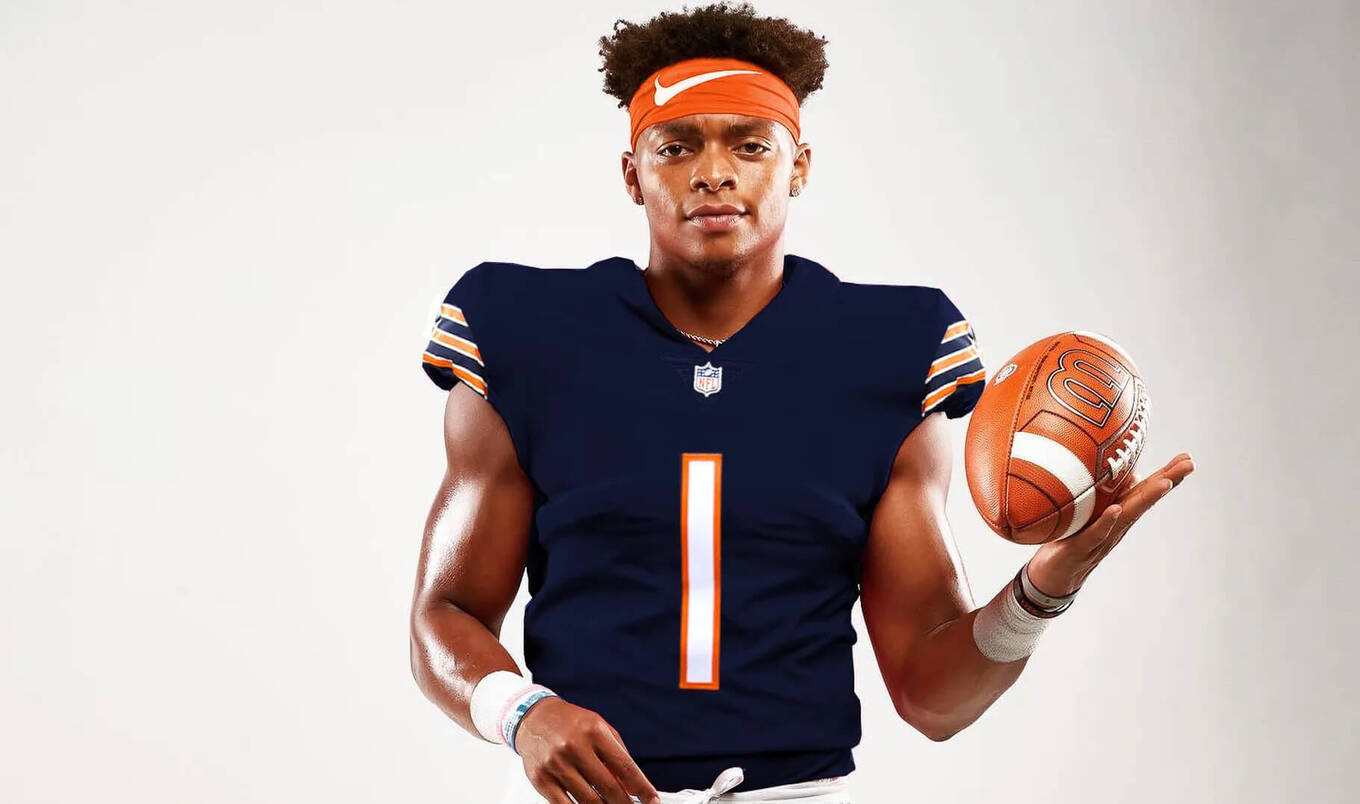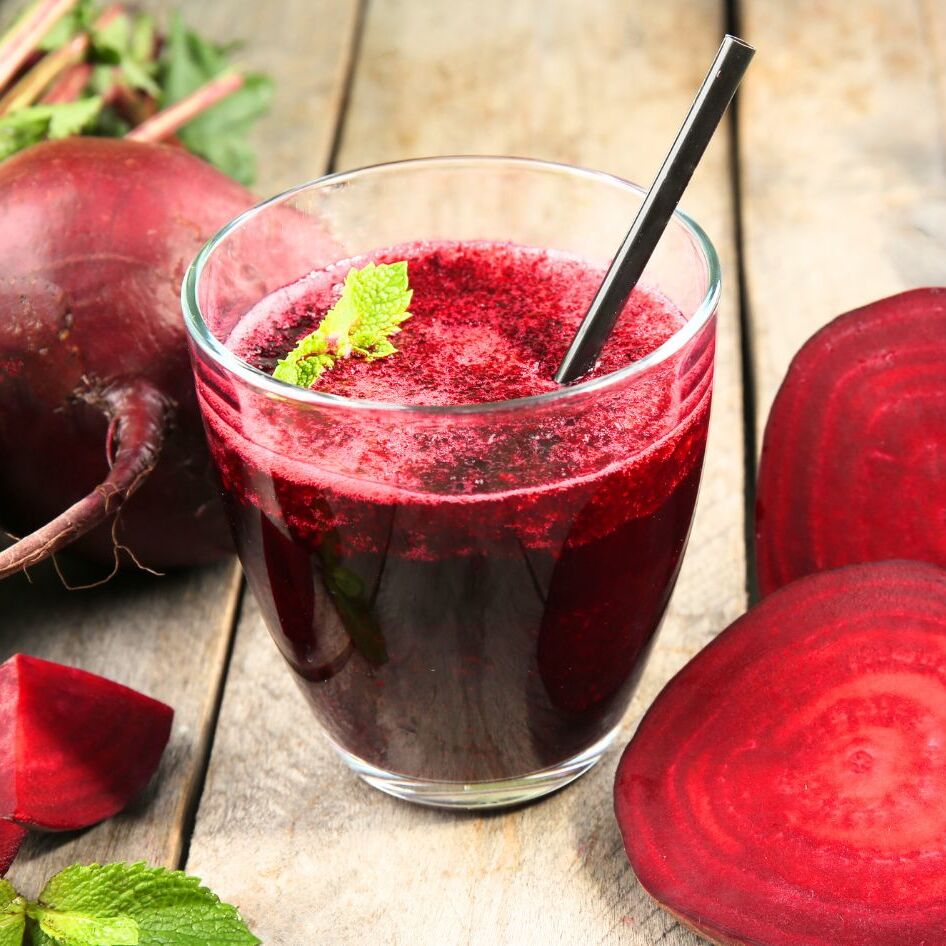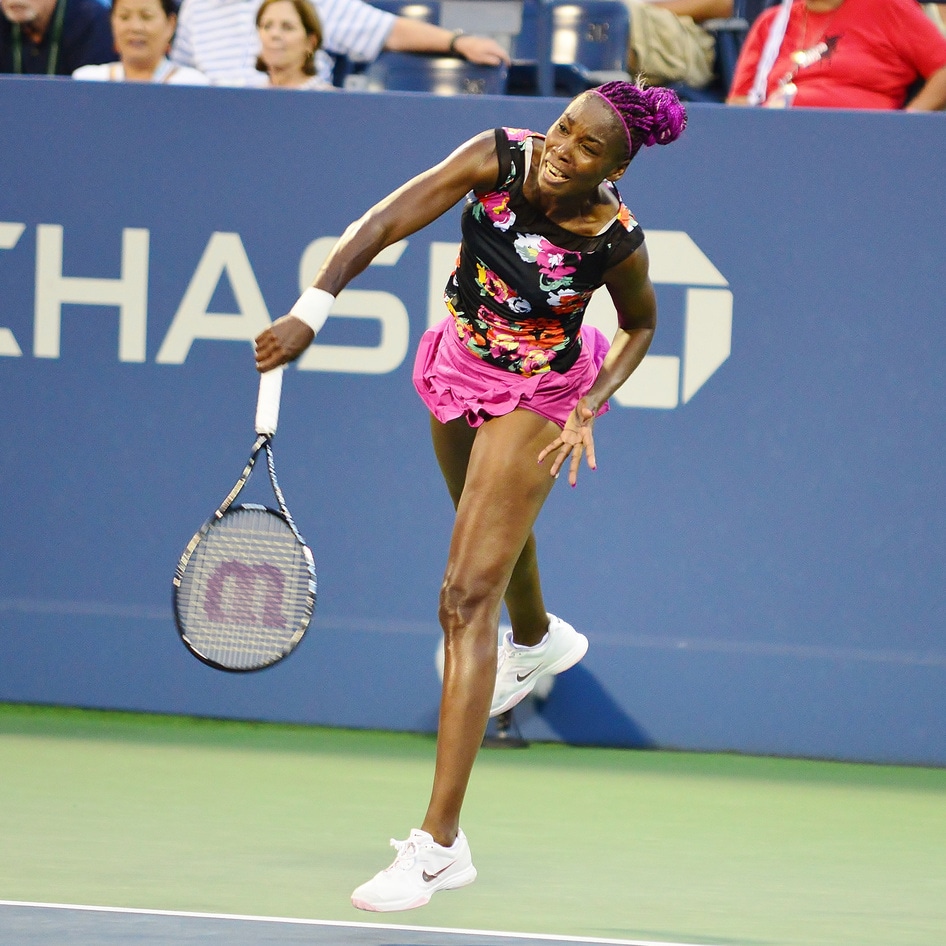After 23 seasons in the NFL, Tom Brady announced last year that he was officially retiring from American football for good. According to Brady, his considerably long career (the average NFL player only sticks around for just over three years), can partly be attributed to his diet.
The athlete’s diet, which he has dubbed the TB12 Method, predominantly consists of plant-based whole foods. In his 2017 book, The TB12 Method: How to Do What You Love, Better and for Longer, he revealed that he tries to maintain an 80/20 balance between plant-based whole foods and meat.
Brady’s personal chef, Allan Campbell, was influenced by Colin T. Campbell’s The China Study, which was one of the first books to detail the connection between nutrition and disease.
“My philosophy starts in my own life, and with my own lifestyle and eating habits. I make conscious decisions to buy local and organic, and to stay away from GMOs, and to think about the future of the planet and the future of humans,” the chef told Boston.com in 2016. “My philosophy is that a plant-based diet has the power to reverse and prevent disease.”
But Brady isn’t alone in choosing to prioritize plants. Increasingly, players across the NFL are opting to leave meat-heavy diets behind, and it’s having a big impact on their athletic performance.
 Chicago Bears
Chicago Bears
More NFL players are discovering the benefits of eating plants
For decades, most of us have been taught that meat is essential for protein. And nobody needs high amounts of protein more than an athlete. Protein not only supports immune function and aids in weight management, but it’s also crucial for injury recovery.
But you can also get protein from plants, and the quality is significantly better, according to Nichole Dandrea-Russert, MS, RDN, the founder of Purely Planted and author of The Vegan Athlete’s Nutrition Handbook.
“It’s common for athletes to focus on macronutrients—or macros as they often call them—like protein and carbohydrates for fueling performance and recovery without considering the whole food package,” Dandrea-Russert told VegNews.
“Meat is often considered superior because of its high and complete protein content,” she continued. “However, when you consume meat, you’re also consuming inflammatory-promoting saturated fat, heme iron (which has been linked to heart disease and cancer), hormones, and antibiotics.”
But with plant-based protein, which comes from foods like tofu, beans, and tempeh, you also get fiber and phytonutrients, as well as important vitamins and minerals. “They are essential for everything from fueling energy to supporting muscle and bone strength to improving sleep, which is also important for sports performance and recovery,” said Dandrea-Russert.
San Francisco 49ers tight end George Kittle told GQ in October 2023 that while he isn’t prepared to give up meat completely, he is moving away from it for the good of his health and his career. “It’s gone from ‘eat whatever you want’ to ‘let’s be smart about it’ and ‘how can we prolong your career and make you feel as good as you possibly can be,’” he explained.
Seattle Seahawks quarterback Geno Smith also revealed last year that he has cut sweets, red meat, and dairy from his diet in a bid to stay healthy and in shape. In 2018, Charity Morgan, a popular vegan chef and wife to former linebacker Derrick Morgan, managed to convert 13 of the Tennessee Titans to plant-based foods.
“For me, it was just re-educating the guys about what food looks like. Once they realized they could have lasagna, enchiladas, and mac and cheese in plant-based form, they were so stoked,” Morgan told the Meatless Monday campaign. “A lot of them tell me they feel faster on the field, they feel more energetic.”
Justin Fields, quarterback for the Chicago Bears, is also a vocal supporter of plant-based diets. And former New England Patriots quarterback Cam Newton has been a passionate vegan since 2019. He was followed by NFL veteran Malcolm Jenkins, who retired in 2022, in 2020.
“I didn’t even tell anybody about it for a long while until everybody started realizing my plates didn’t have meat on them,” Jenkins told ESPN. “They were clowning me for a little bit until I was the old guy still running past everybody.”
 Hawk Central
Hawk Central
Why is a plant-based diet good for athletic performance?
Plants are a good source of protein, of course, but they offer so many benefits. In fact, research suggests that a whole-food, plant-based diet is one of the healthiest ways to eat.
There are a few reasons for that, says Dandrea-Russert. “Both fiber and isoflavones, phytonutrients found in soy products, have been shown to promote better sleep,” she explains. She added that phytonutrients can also help with energy and endurance, and even improve recovery times.
“Quicker recovery means getting back to training and games more quickly and at peak capacity, leading to optimal performance,” she added. “Phytonutrients work by acting like antioxidants and combatting inflammation associated with training. Certain phytonutrients also help to dilate blood vessels and improve blood flow.”
According to Dandrea-Russert, athletes should look to a wide variety of high-protein plant-based foods to get all of the calories they need, including beans, lentils, peas, tofu, tempeh, nuts, seeds, and whole grains. “Consuming a variety of whole plant-based foods also ensures getting a variety of essential amino acids as well as plenty of vitamins, minerals, and phytonutrients,” she says.
For more on the benefits of plant-based whole foods for everyone, not just elite athletes, find our guide here.
For more on vegan athletes, read:
JUMP TO ... Latest News | Recipes | Guides | Health | Subscribe
Here at VegNews, we live and breathe the plant-based lifestyle, and only recommend products we feel make our lives amazing. Occasionally, articles may include shopping links where we might earn a small commission, but in no way does this effect the editorial integrity of VegNews.









